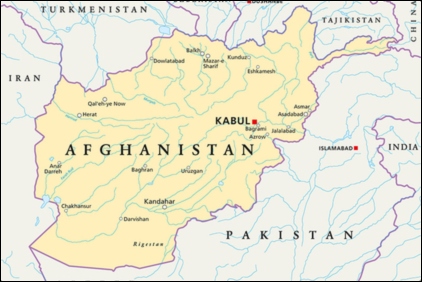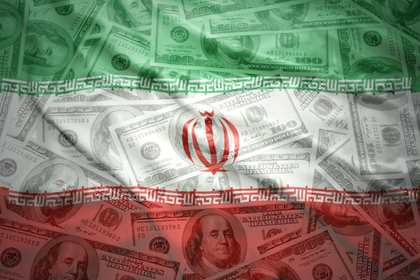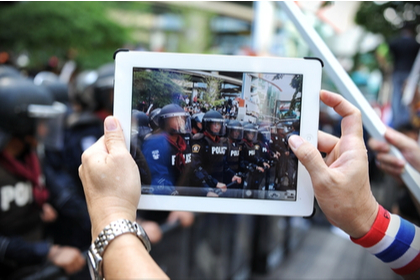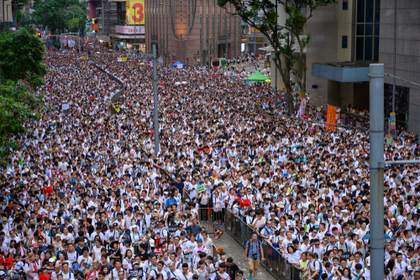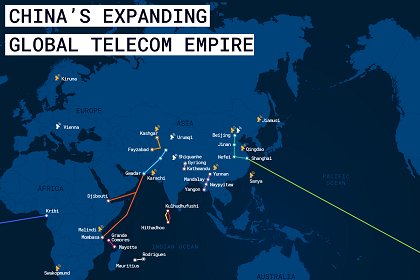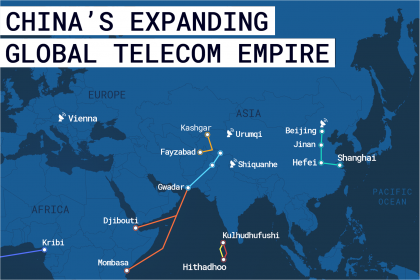Digital services across verticals: Jio, Alibaba and Amazon
Recent investments by Facebook, Silver Lake, Vista Equity Partners, General Atlantic, KKR, Mubadala, ADIA, TPG, L Catterton and Intel Capital could well be the infusion of capital and expertise Jio needs to compete with Alibaba and Amazon. The infographic compares the number of services offered by these companies across different technology domains



